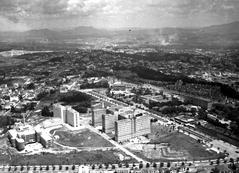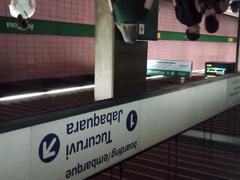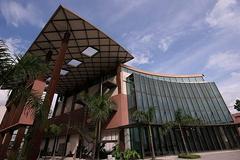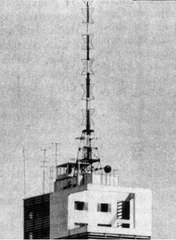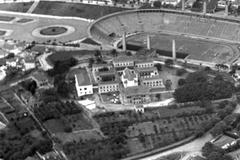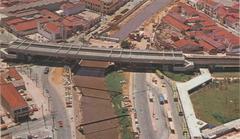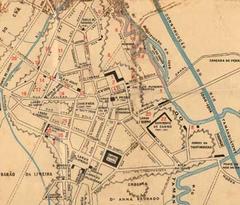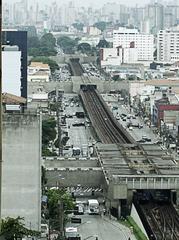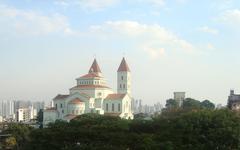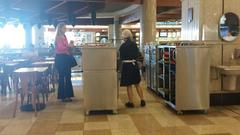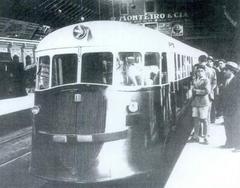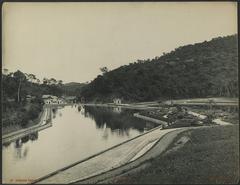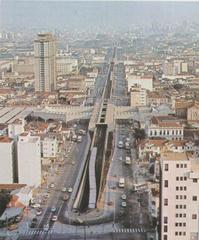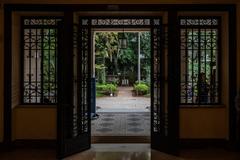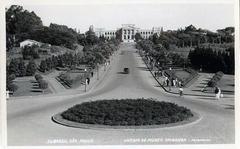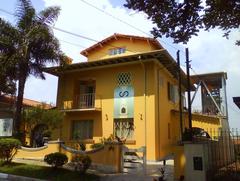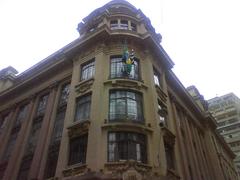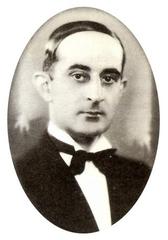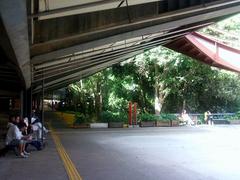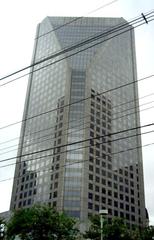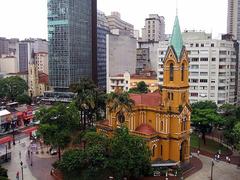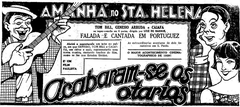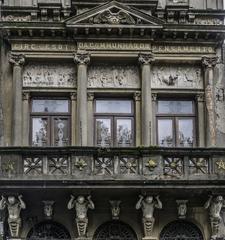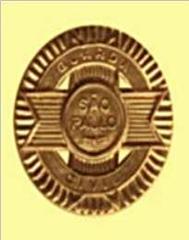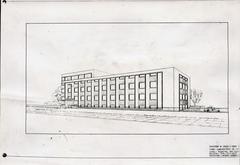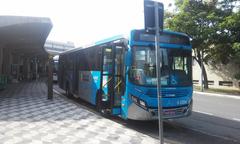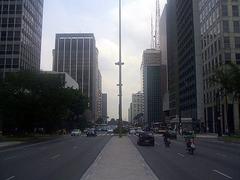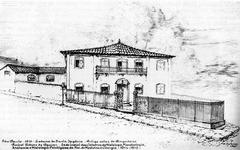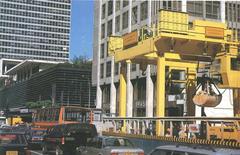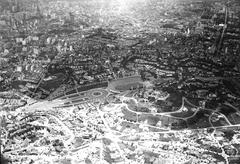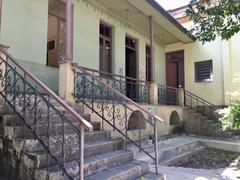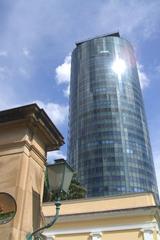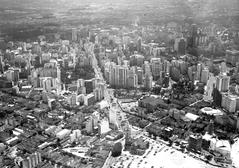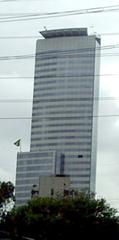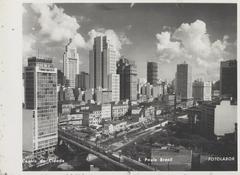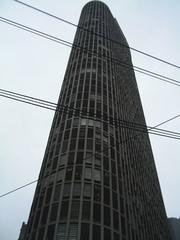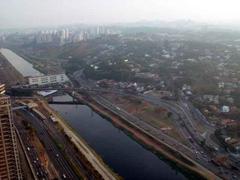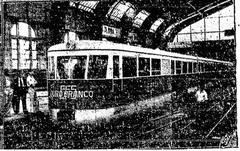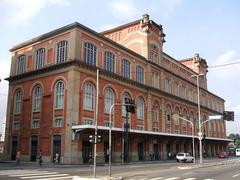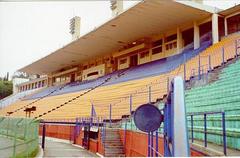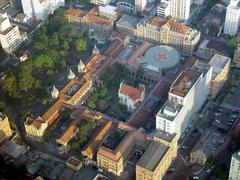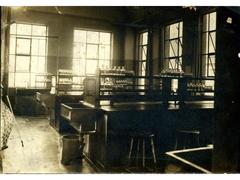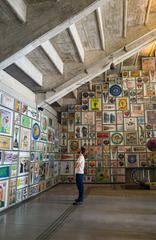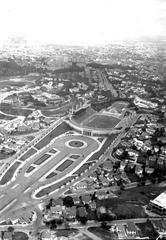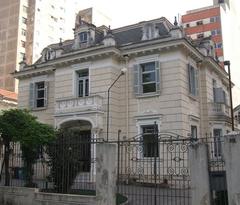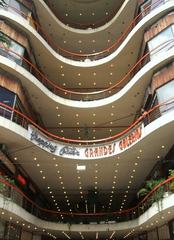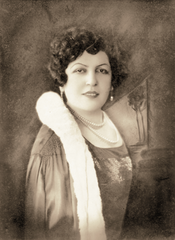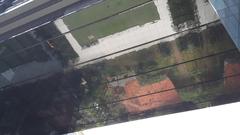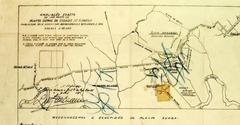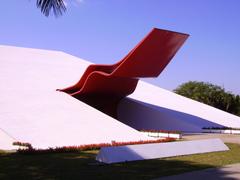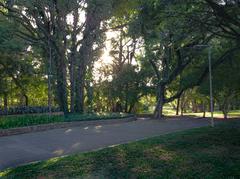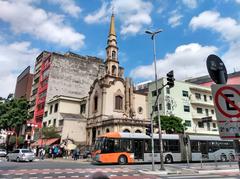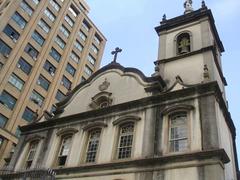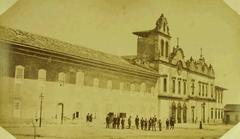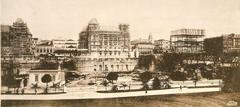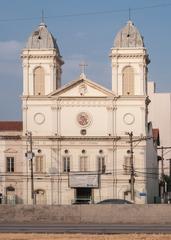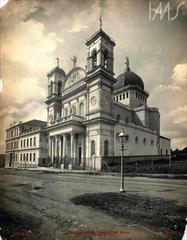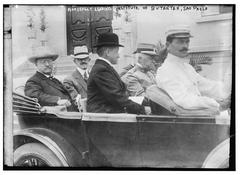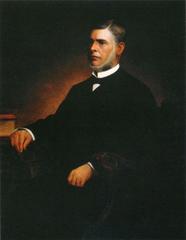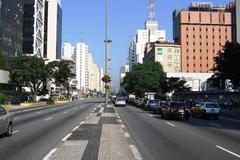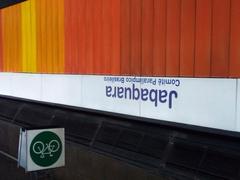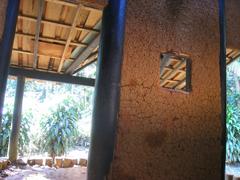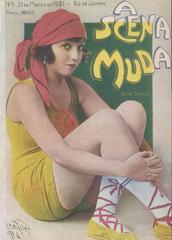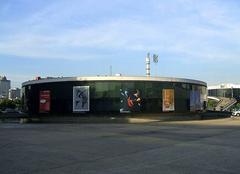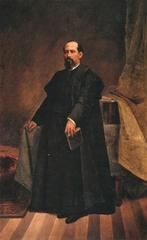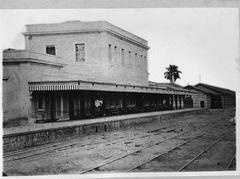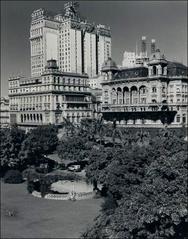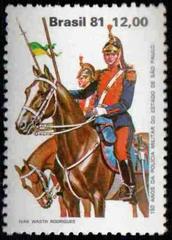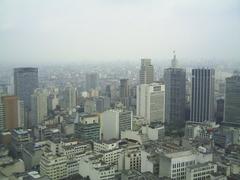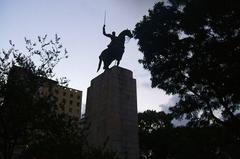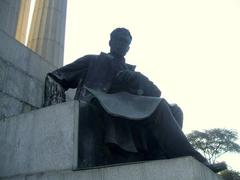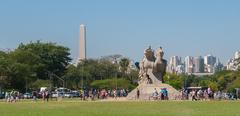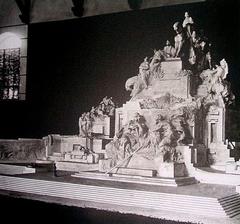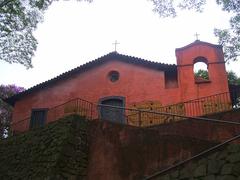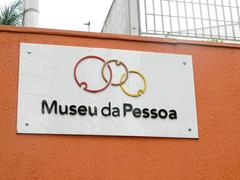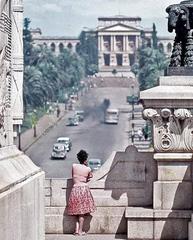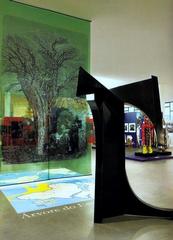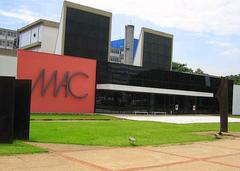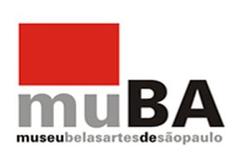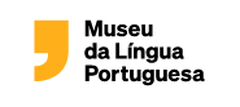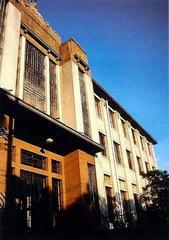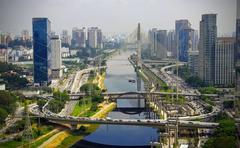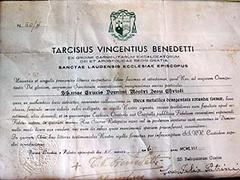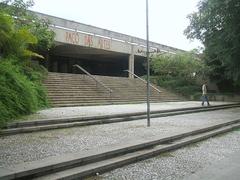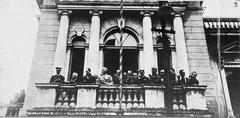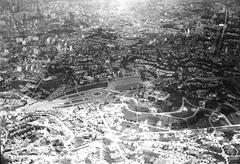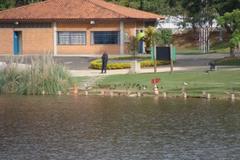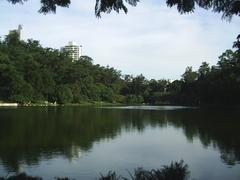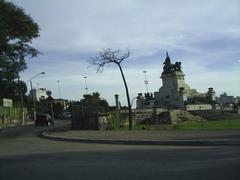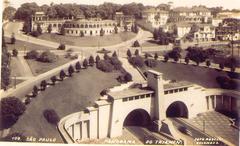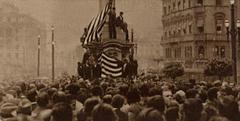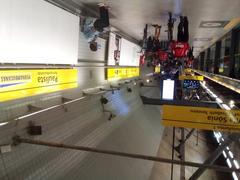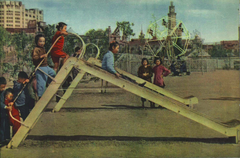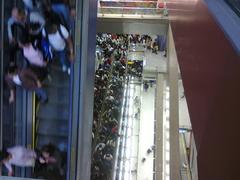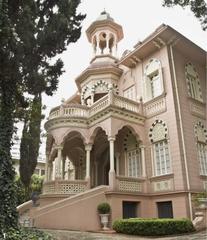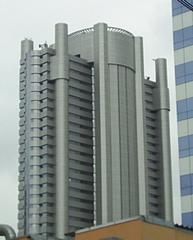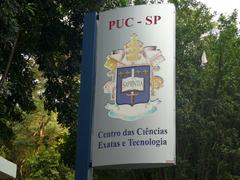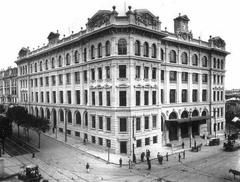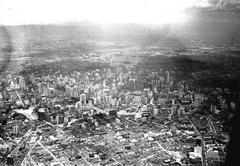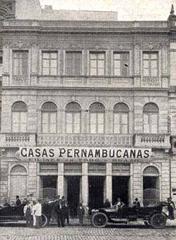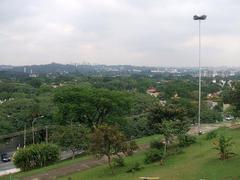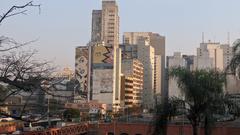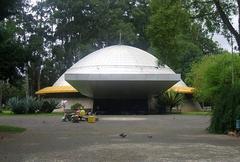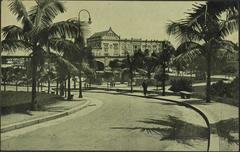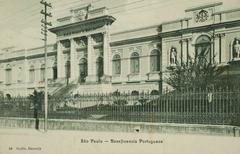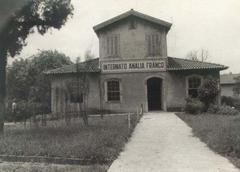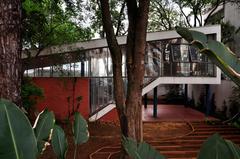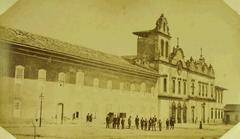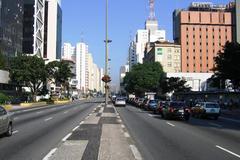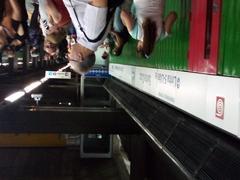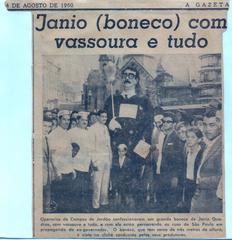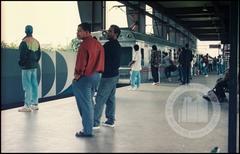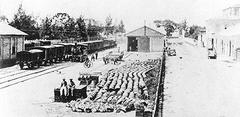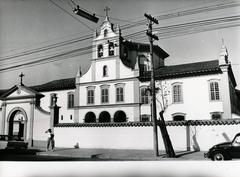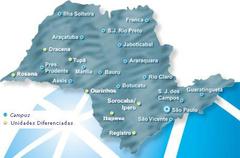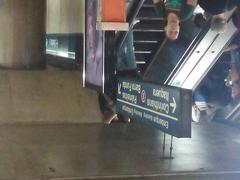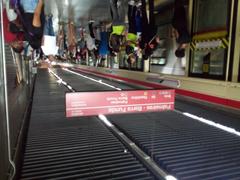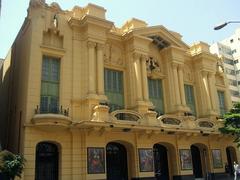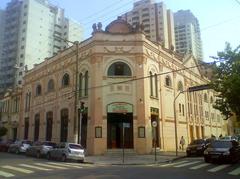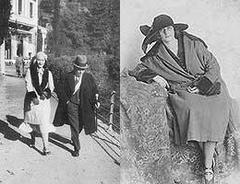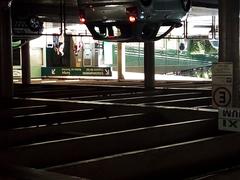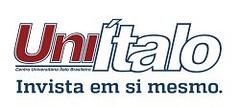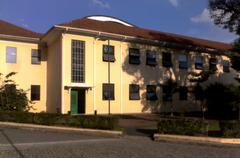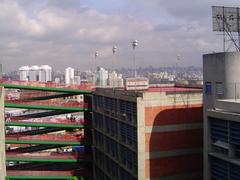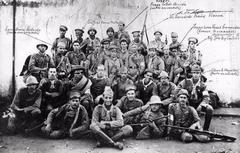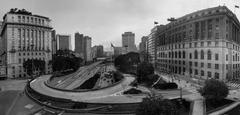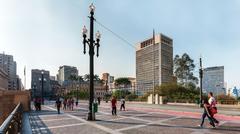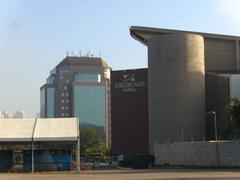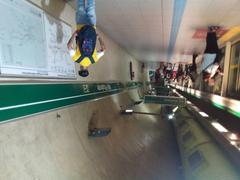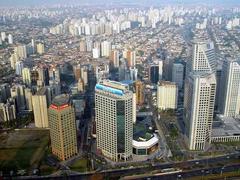Museum of Education and Toys São Paulo: Visiting Hours, Tickets, and Historical Sites Guide
Date: 15/06/2025
Introduction
Located in the heart of São Paulo, the Museum of Education and Toys (Museu da Educação e do Brinquedo) presents a captivating exploration of the intertwined histories of childhood, education, and play in Brazil. This unique cultural institution is dedicated to preserving Brazil’s educational heritage through an extensive collection of toys, games, and learning materials dating from the late 19th century to the present day. With its interactive exhibits, thematic collections, and vibrant educational programs, the museum serves as an essential destination for families, educators, history enthusiasts, and travelers interested in the evolution of childhood and pedagogy in Brazilian society.
This guide provides detailed insights into the museum’s historical development, cultural significance, visitor information—including current visiting hours and ticket prices—and practical tips to enhance your experience. For the most up-to-date information, consult the official museum website and reputable cultural resources (São Paulo Cultural Guide).
Table of Contents
- Introduction
- History and Evolution of the Museum
- Educational Programs and Community Engagement
- Architectural and Spatial Features
- Significance in São Paulo’s Cultural Landscape
- Practical Visitor Information
- Visitor Experience
- Visitor Tips
- Visual and Interactive Resources
- Frequently Asked Questions (FAQ)
- Sustainability and Community Engagement
- Contact Information
- Conclusion
- References and Related Articles
History and Evolution of the Museum
Founding and Early Development
Founded in the late 20th century by a group of educators and collectors, the Museum of Education and Toys was established to document and celebrate the transformation of childhood learning and play in Brazil. Initially, the collection consisted of donations from local schools, teachers, and private collectors, showcasing the evolution of classroom environments and the significance of toys in education.
Expansion and Curation
By the early 2000s, the museum’s collection had grown to include thousands of artifacts: vintage dolls, board games, wooden toys, textbooks, posters, and classroom furniture. The museum curates exhibitions highlighting the history of Brazilian public education, the influence of industrialization on toy production, and international educational philosophies such as Montessori and Waldorf. Interactive displays engage visitors of all ages, allowing hands-on exploration of historical toys and classroom setups.
Preservation of Educational Heritage
The museum is an essential archive of Brazil’s educational legacy, safeguarding rare textbooks, teaching aids, and documents from now-closed schools. It actively collaborates with universities and academic researchers, supporting studies on the history of education, childhood, and material culture in Brazil. Toys are presented as artifacts reflecting technological innovation, societal roles, and cultural exchange.
Educational Programs and Community Engagement
Central to the museum’s mission are its educational programs for schools, families, and lifelong learners. Guided tours, workshops, and storytelling sessions make history come alive, encouraging visitors to reflect on their own educational journeys. The museum partners with local schools and community organizations to promote play-based learning and foster connections across generations.
Special events—such as toy-making workshops and intergenerational storytelling—emphasize the evolving nature of education and the importance of creativity and critical thinking (journals.ekb.eg).
Architectural and Spatial Features
Originally housed in a repurposed school building, the museum has expanded its facilities to accommodate growing collections and audiences. Renovations have created bright, flexible galleries, a research library, and interactive play areas, all designed to support exploration and accessibility.
Significance in São Paulo’s Cultural Landscape
Distinct among São Paulo’s museums, the Museum of Education and Toys complements major institutions like the Museu de Arte de São Paulo (MASP) and Pinacoteca de São Paulo by focusing on childhood, education, and material culture. It is a key resource for understanding Brazilian history through the lens of its youngest citizens, while hosting debates and exhibitions on contemporary educational challenges, such as digital learning and inclusive education (whichmuseum.com, artsandculture.google.com).
Practical Visitor Information
Location and Accessibility
- Address: Rua das Flechas, 400 – Chácara Santo Antônio, São Paulo, SP, CEP 04712-020 (within Colégio Santa Maria)
- Access: Near Granja Julieta (Line 9 – Emerald) metro station, with several bus routes nearby; limited parking available.
- Accessibility: Fully wheelchair accessible, with ramps and elevators.
Visiting Hours
- Regular Hours: Tuesday to Saturday, 9:00 AM to 5:00 PM
- Closed: Sundays, Mondays, and public holidays
- Note: Hours may vary during school vacations or special events. Confirm via the official website.
Tickets and Admission
- General Admission: R$20 (adults)
- Discounted Admission: R$10 (students, teachers, and seniors)
- Children Under 6: Free
- Group Visits: Advance booking required for schools or large groups, with customized educational programs available.
Facilities and Services
- Café, gift shop, accessible restrooms, lockers, and stroller parking
- Interactive play zones and supervised activity areas for children
Guided Tours and Workshops
- Guided tours in Portuguese available regularly; English tours by advance request
- Workshops and educational programs for all ages, particularly popular during holidays and weekends
Nearby Attractions
- Pinacoteca de São Paulo
- Museu da Língua Portuguesa
- Burle Marx Park, Shopping Morumbi, and other local attractions
Visitor Experience
Exhibitions and Collections
The museum features over 7,000 artifacts, including:
- Traditional Brazilian toys (e.g., spinning tops, cloth dolls)
- International toys from Europe, Asia, and the Americas
- Educational games and materials from the 19th and 20th centuries
- Thematic exhibitions on the role of play in development and changing educational practices
Temporary exhibitions often address contemporary issues such as technology and inclusion in education, with hands-on and multimedia elements.
Educational Programs and Workshops
Workshops allow visitors to build and experiment with toys, encouraging critical thinking, creativity, and cultural awareness. Guided tours are tailored for different age groups and interests, and family workshops are offered on weekends and holidays.
Inclusivity and Accessibility
The museum is committed to accessibility, offering sensory-friendly hours, large-print materials, and adapted workshops for visitors with disabilities (journals.ekb.eg).
Visitor Tips
- Visit on weekday mornings to avoid crowds.
- Check the events calendar for special exhibitions and programs.
- Photography is permitted for personal use (no flash or tripods).
- Supervise children in play areas.
- Use public transport if possible due to limited parking.
Visual and Interactive Resources
Explore a virtual tour and interactive map on the museum’s website for a preview of exhibits. Optimized images with descriptive alt tags such as “Museum of Education and Toys São Paulo exhibit” enhance accessibility.
Frequently Asked Questions (FAQ)
Q: What are the opening hours?
A: Tuesday to Saturday, 9:00 AM to 5:00 PM. Closed on Sundays, Mondays, and public holidays.
Q: How much are tickets?
A: R$20 for adults; R$10 for students, teachers, and seniors; free for children under 6.
Q: Are tickets available online?
A: Currently, tickets are purchased at the entrance. Online booking is limited.
Q: Is the museum accessible?
A: Yes, with ramps, elevators, and supportive staff.
Q: Are guided tours available in English?
A: Yes, by advance arrangement.
Q: Does the museum offer workshops?
A: Yes, workshops are available for families, school groups, and during special events.
Sustainability and Community Engagement
The museum partners with local schools, NGOs, and cultural organizations to promote educational equity and sustainability. Initiatives include:
- Free admission days for underserved communities
- Recycling and energy-saving programs
- Outreach exhibitions and community-driven projects
Contact Information
- Official Museum Website
- Phone: +55 (11) 5687-3000
- Social media: Follow the museum for updates on events and exhibitions
Conclusion
The Museum of Education and Toys is a remarkable São Paulo historical site, offering a window into Brazil’s educational and childhood heritage. With its rich collections, accessible facilities, and dynamic programs, it is an essential stop for anyone seeking to deepen their understanding of Brazilian culture. For the best experience, consult the museum’s official channels for the latest information, and consider booking guided tours or workshops. Download the Audiala app for audio guides and real-time updates, and follow related articles for further exploration of São Paulo’s vibrant museum scene.
References
- Museum Of Education And Toys Official Website
- Museum Of Education And Toys Guide – Whichmuseum.com
- Museum Of Education And Toys – Colégio Santa Maria
- São Paulo Museum Guide – Google Arts & Culture
- Educational Impact Study – EKB Journals

